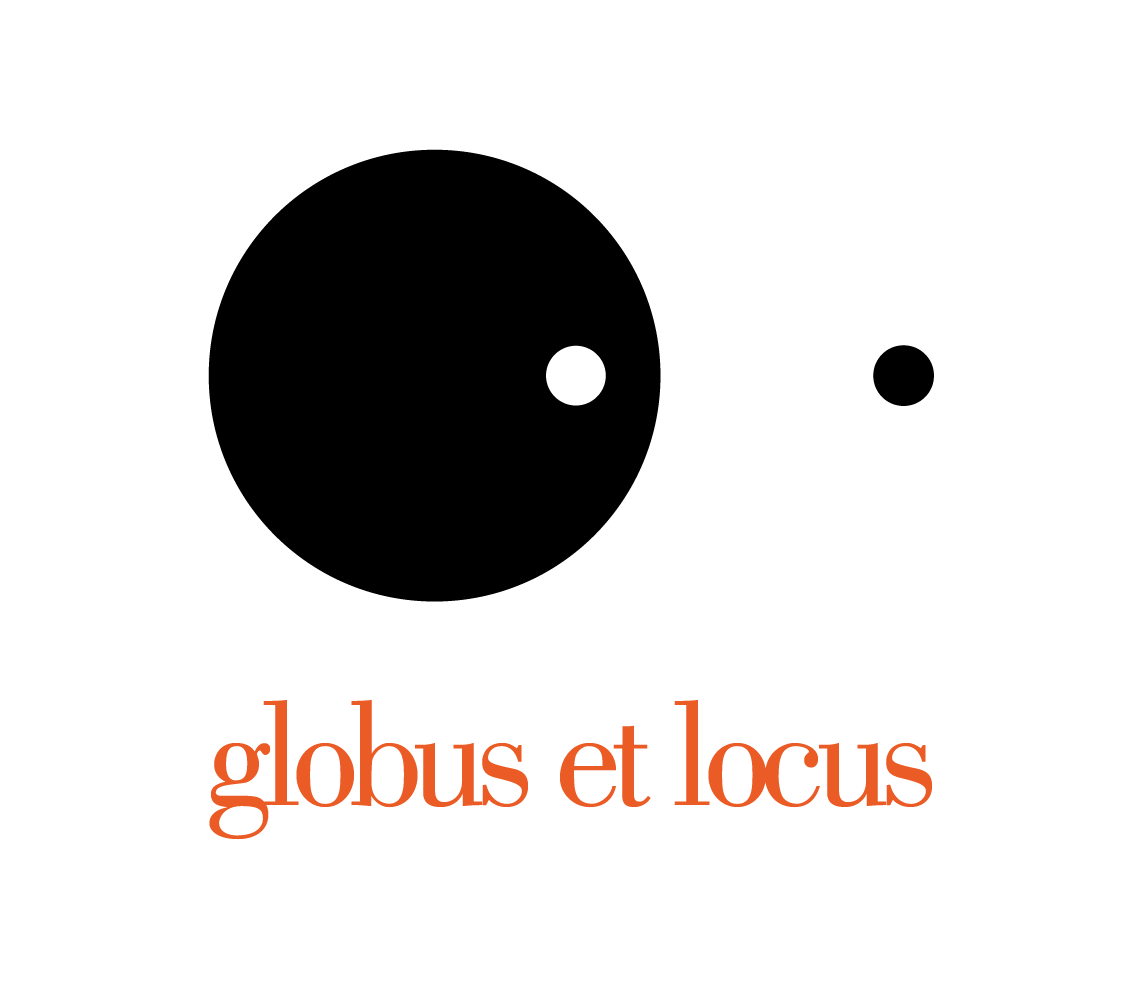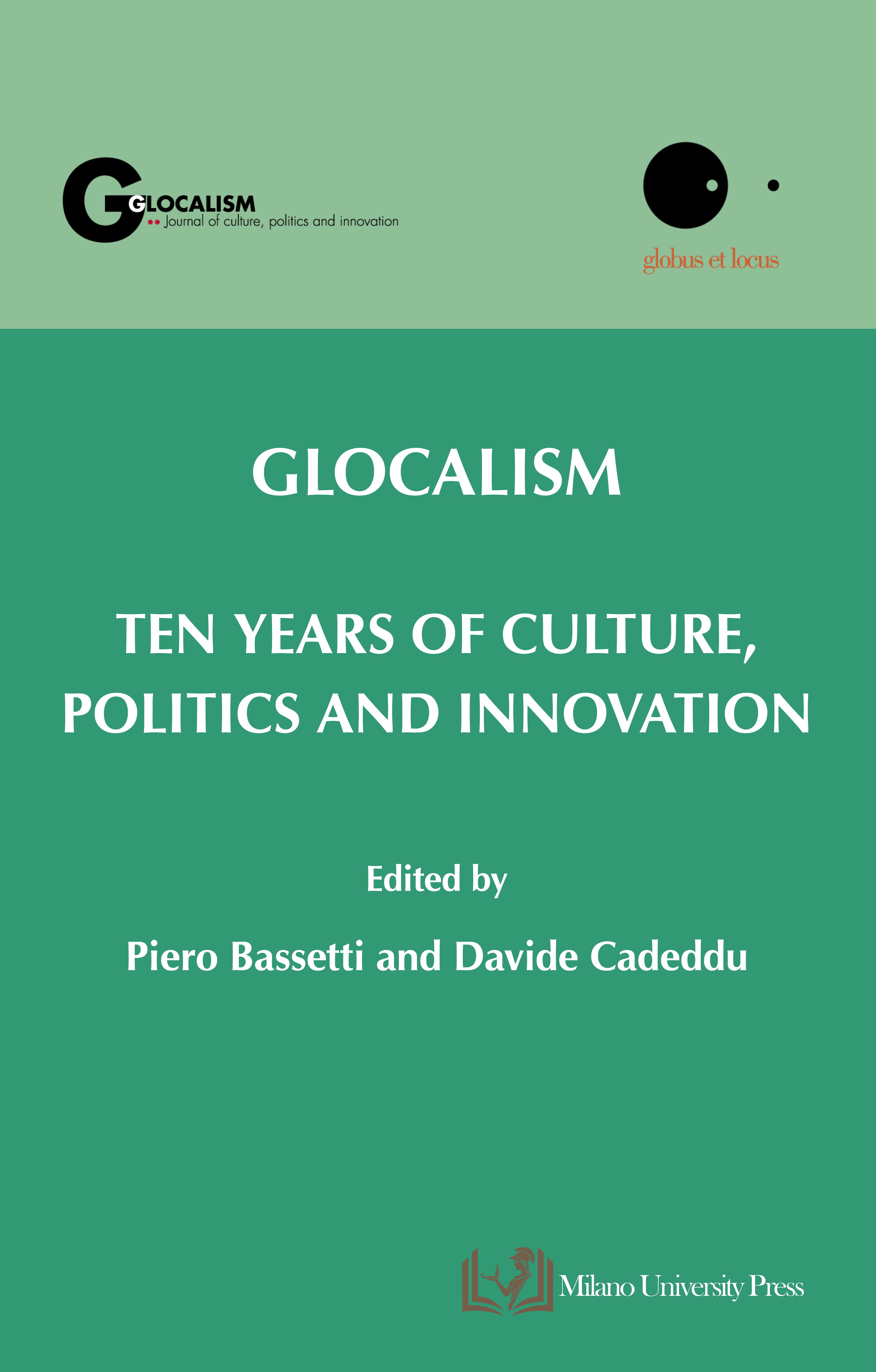A Possible Road Map for European Comprehensive Collective Security
DOI:
https://doi.org/10.12893/gjcpi.2020.1.2Keywords:
asymmetry, multipolar world order, national interests, Europe, securityAbstract
The current international order is in transition, driven by the interplay of its main actors: Washington, Moscow, Beijing, and less significantly, the European Union. Other emerging powers are also challenging the present arrangement and if successful, they will eventually create a multipolar global order. The transient international order is currently characterised by chronic instability, regional and global turmoil, and a dramatic decline in its ease of governance. The two decades of the new millennium saw fundamental changes in the power constellation of international actors. Those changes affected Europe and will further determine opportunities to establish a peace and security order for the whole of Europe. The central question is whether the emerging multipolar order can provide security and welfare for the inter- national community. Or, will we see policies based on protracted narrow definitions of national interests, undermining opportunities for trust and confidence-building among the driving forces of the transformation process? Are we bound to reawaken memories of the bipolar, Cold War era, with its proxy wars that instrumentalised domestic and regional conflicts for external purposes?
Downloads

Downloads
Published
How to Cite
Issue
Section
License

This work is licensed under a Creative Commons Attribution-ShareAlike 4.0 International License.











